It’s the most popular question for many residents whether to rent or buy in Dubai. If someone blindly told you that renting is better or vice versa, actually, it isn’t true as there is no option better than the other, generally.
The answer depends on many factors and varies according to your circumstances. This article will brainstorm with you and tell you what factors and points you should consider to get the right answer for you.
- Pros and Cons of Renting and Buying in Dubai
- Which Is Better, Renting or Buying in Dubai
- Go-to-Tools to Decide Which Is Better Renting or Buying
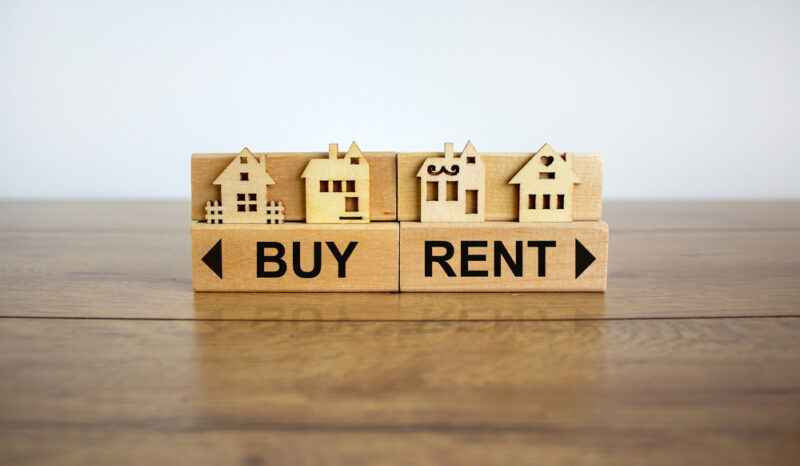
Pros and Cons of Renting and Buying in Dubai
Surely, each option has its pros and cons, and being aware of them is important to assess which suits you better, as every point weighs differently from one person to another according to your preferences and finances.
Renting
Pros
- On short-term levels, you spend less money
- Flexibility: Renting offers you flexibility, allowing you to easily move to different locations or upgrade/downsize your living space.
- Lower upfront costs: Renting typically requires lower upfront costs compared to buying, as you won’t need to pay a big down payment.
- Maintenance included: Landlords are usually responsible for property maintenance and repairs, so it’s not a financial burden for you as a tenant.
- Access to amenities: You will have access to various amenities such as swimming pools, gyms, and parking facilities without the responsibility of ownership.
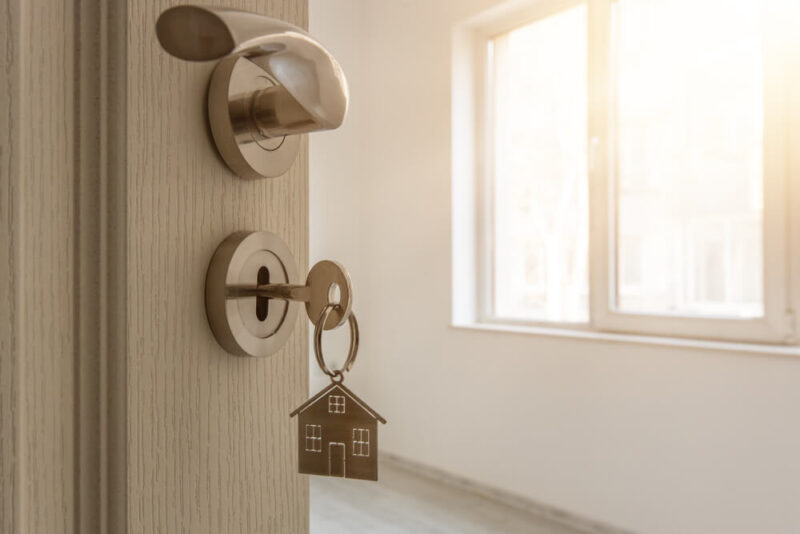
Cons
- Landlord issues. One of the cons of renting is having any issues or rental disputes with the landlord over the rental price, unit changes, and others.
That’s why it’s important to know your rights and responsibilities as a tenant in Dubai before making this decision.
- Risk: With monthly or annual finances, any financial troubles or losing your job/source of income put you at a great risk of not being able to pay your rent.
- Lack of long-term investment: Renting does not offer the opportunity to build equity or benefit from potential property appreciation.
- Limited control: As a tenant, you have limited control over the property, including restrictions on making alterations or renovations, unless you agree with the landlord otherwise.
- Rent increases: The market status can surely affect how much you spend on rent while renting, as the landlord has the right to increase the leasing amount in case the rental average prices increase.
This potentially leads to higher living expenses over time and uncertainty of how exactly you will spend over long periods of time.
- No ownership benefits: Renters do not benefit from tax deductions, potential rental income, or the ability to customise their living space to their preferences.
Explore Properties for Rent in Dubai
-
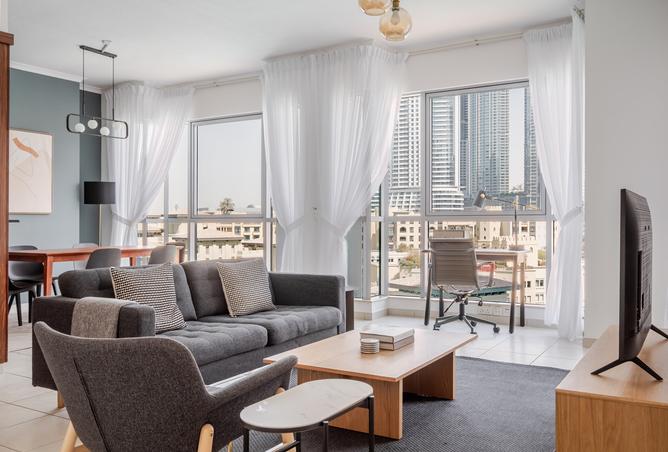
Apartment
Listed 3 weeks ago
192,000 AED/year
Burj Khalifa | Furnished | Flexible Terms
The Residences 6, The Residences, Downtown Dubai, Dubai
2
2
1,311 sqft
-

Apartment
Listed 1 week ago
114,000 AED/year
Marina View | Furnished | Flexible Terms
The Point, Dubai Marina, Dubai
1
2
786 sqft
-

Villa
Listed 2 days ago
315,000 AED/year
Immaculate Finishes |Park View |Vacating soon
The Aldea, The Villa, Dubai
5
6
4,600 sqft
-
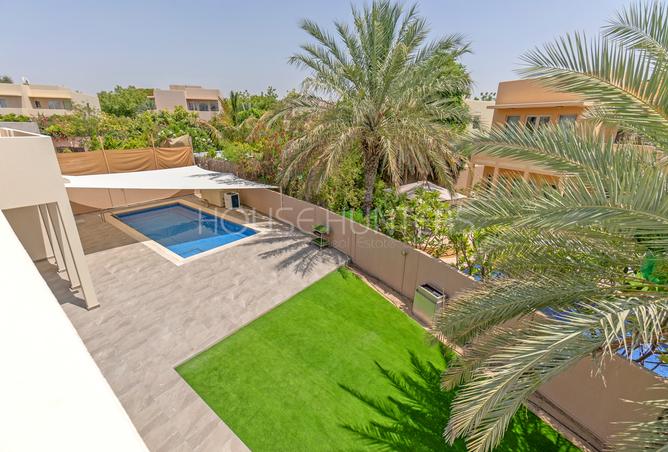
Villa
Listed 4 days ago
550,000 AED/year
Open House this Saturday! 12pm-2pm by appointment
Savannah 1, Savannah, Arabian Ranches, Dubai
5
5
5,000 sqft
-
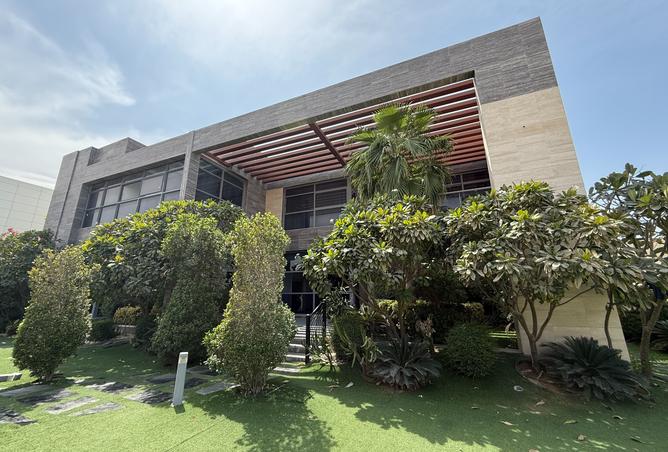
Villa
Listed 1 day ago
1,500,000 AED/year
Luxurious Villa | Basment Parking | Huge Garden
Nad Al Sheba Villas, Nad Al Sheba 3, Nad Al Sheba, Dubai
6
7+
16,927 sqft
-

Townhouse
Listed 1 week ago
195,000 AED/year
Cozy modern living / Type 1M / Available
Camelia 2, Camelia, Arabian Ranches 2, Dubai
3
3
2,035 sqft
-

Apartment
Listed 3 days ago
230,000 AED/year
Luxury 2BR | Prime Location | Fully Furnished
Lamtara 2, Madinat Jumeirah Living, Umm Suqeim, Dubai
2
2
1,378 sqft
-
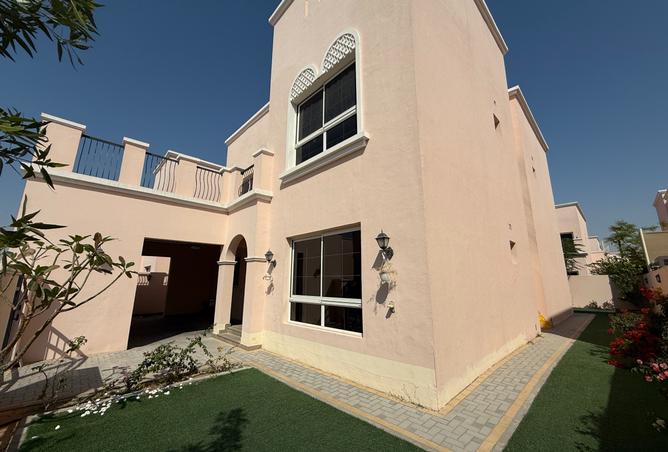
Villa
Listed 2 days ago
250,000 AED/year
Well-Maintained | 4 Master BR | Garden Aea
Nad Al Sheba Villas, Nad Al Sheba 3, Nad Al Sheba, Dubai
4
5
5,041 sqft
-

Apartment
Listed 1 day ago
107,998 AED/year
Full Lagoon View I High Floor | Unfurnished
The Residences at District One, Mohammed Bin Rashid City, Dubai
1
2
767 sqft
-
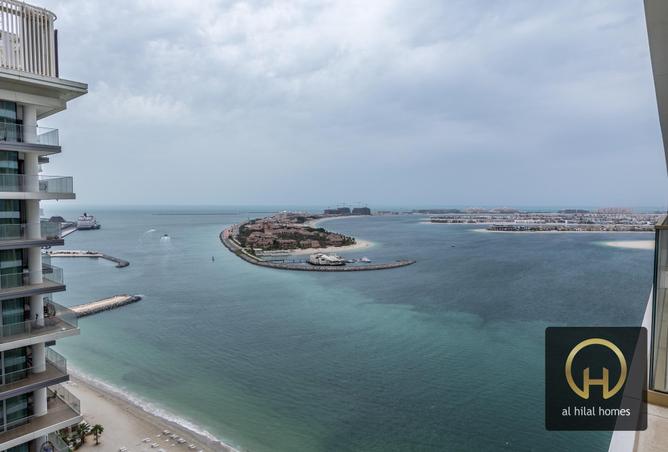
Apartment
Listed 15 hours ago
240,000 AED/year
Luxury 1BR Furnished | Sea View | Grand View
Grand Bleu Tower 2, EMAAR Beachfront, Dubai Harbour, Dubai
1
2
890 sqft
Buying
Pros
- Enjoying Stability. The number one advantage when it comes to buying a home is stability. Having your own home gives you a sense of security and stability, leaving you with no worries about renewal or relocating after a specific period of time.
- Having an Asset. Owning a home helps you gradually build up equity, which can lead to financial stability and wealth in the long run.
- Freedom to customise: Homeowners have the freedom to customise their living space according to their preferences, including renovations, interior design, and landscaping.
- Potential for appreciation: Property values in Dubai have historically appreciated over time, offering the potential for significant returns on investment.
- Stable living costs: Fixed-rate mortgages offer stability in housing costs, as monthly mortgage payments remain constant regardless of market fluctuations.
Accordingly, you won’t worry about price changes as they won’t negatively impact your finances.
Cons
- High upfront costs: Buying property in Dubai typically requires a substantial down payment, as well as additional expenses such as closing costs, property taxes, and maintenance fees.
So, you need to have at least the down payment in cash to consider such an option. - Long-term commitment: Homeownership requires a long-term commitment to a property, making it less flexible than renting in terms of location and type.
- Maintenance expenses: Homeowners are responsible for property maintenance and repairs, which can add to the overall cost of homeownership.
- Market changes: Property values in Dubai can go up or down due to market shifts, with no guarantee of constant appreciation.
Which Is Better, Renting or Buying in Dubai
Which is better is so variant depending on many factors and your case, so having a bare answer as “Renting is better” or “Buying isn’t the best option” is invalid.
To find the answer, you should already have some renting and buying options, and you should be able to compare both options realistically.
In addition, having both options allows you to list the pros and cons of each and weigh each according to your preference, budget, and needs. This helps you have a full view of the whole picture and make the right decision.
To know which is better, renting or buying in Dubai, find below how Andrew and Elena, two residents in Dubai, made their decision when they had to choose between the two options.
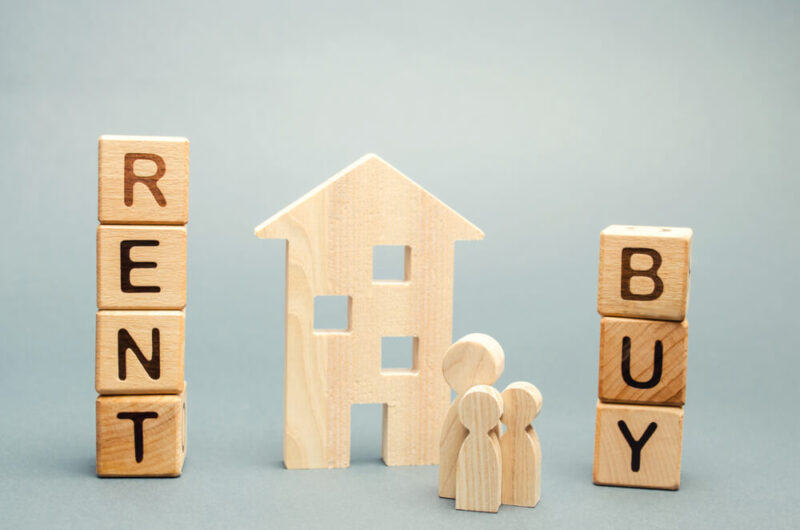
Resident 1
Elena moved to Dubai 5 years ago, but after her first 2 years, she wanted to relocate, so she thought, why not buy instead of paying for rent as she had a good amount of cash? She had two options: if renting, she would pay AED 140,000/year, and in case of buying, the unit’s asking price was AED 3,200,000.
When she had both options, she started comparing how much she was going to spend in total and on a monthly basis as she was going to stay in the country for more than 4 years.
1. Estimating the Residency Duration
The first point Elena had to identify was how long she would stay in the country, as such a factor definitely has a great impact on whether renting or buying is more beneficial.
According to her plans and work, she will be leaving Dubai after 4 years; so consequently, this would impact
- The mortgage duration
- The total amount of rental she would pay

2. Settling on Property Options for Rent and Sale
The following step is to have already a unit for sale and another for rent that she finds suitable and matches her needs.
Fortunately, she found two properties in Business Bay near her work, so she doesn’t want to waste time and effort on commuting. Here are the choices she got
- Renting Amount: AED 140,000/year
- Property Asking Price: AED3,200,000
- Mortgage Amount: AED 160,296/month
- Mortgage Prefered Period: 4 years
3. The Intention Owning for Residency/Investment
At this point, she had to identify what is her main goal, is she planning to have a long-term investment, or does she just want to find a residency option which is also financially realistic?
4. Checking the Up Front Costs for each
It’s time she assess how much upfront costs each option would cost her. As for renting, the hidden costs are
- Agent fees
- Government fees
- Ejari

However, for buying, the upfront costs are
- Down payment
- Bank Fees
- Agent fees
- Government fees
- Interest Rate
- Insurance
In addition, she was lucky enough to find the Rent Vs Buy Calculator on Property Finder, which made this step a piece of cake. All she needed to do was enter the following:
- The rental amount
- Asking price for the unit for sale
- How many years would she be able to buy for a mortgage
- Whether she is a UAE national, UAE resident, or non-resident
Then she gets the information below in detail.
5. Finding Out the Yearly Dues
After Having visibility over the upfront costs, it’s also important to know about the recurring dues for these properties.
It’s also available through the Rent Vs Buy Calculator on Data Guru by Property Finder. It also showed her a dashboard with yearly dues in each case, as follows.
Recurring Dues
Total Dues
After the breakdown of the costs, the calculator showed her the net costs over 4 years for buying and renting. In addition, on the dashboard, she finds which is the better option according to the overall calculations.
According to the Rent Vs Buy Calculator, in Elena’s case, renting was a better option than buying as it’s more saving.
Resident 2
Andrew has been in Dubai for more than 8 years and is settled in the city with his family. It offers him the lifestyle and high living standards he has been looking for.
However, he has been renting during his stay period, so he thought of owning a home to save this money and have an asset to secure his family’s future.
Andrew followed the same steps Elena did, but surely the output is 100% depending on each’s circumstances so let’s see how things went with him.
- The Residency Duration: He considers Dubai his permanent residence, as all the family members are settled either in schools or universities.
- Property Options for Rent and Sale: Andrew aimed to upgrade his residence to a villa so the family could enjoy a more spacious home. They wanted to live in the heart of the city to always feel connected, so they settled on Al Barsha.

Here are the two units he was interested in:
- Renting Amount: AED 450,000/yearly
- Asking Price for Sale: AED 3,800,000
- Mortgage Duration: 8 years
- Mortgage Amount: AED 15,862/month
- Identifying the Reason for Owning a Home: It’s essential to identify why you’re planning to buy a home, as depending on your reason, there are specific factors that you should consider while making your decision.
For example, if you’re planning to get a home to rent as an additional source of income, you should consider
- The communities with high demand for rentals
- The average rentals and their rate of increase in the area you choose.
Such information is available with easy access through the Historical Transactions tool powered by Data Guru.
On the other hand, some home buyers are more into a permanent house to have as an asset, like Andrew. In this case, they should look into
- The growth value of the unit
- The communities’ services and facilities
- Date of completion and developer’s reputation in case of off-plan property.
- Assess the costs of each option using the Rent Vs Buy Calculator.
Initial Costs
Recurring Dues
Total Dues
In Andrew’s case, buying is the go-to option as it’s more economical than renting, and the money spent is worth having a permanent house in his favourite city.
In Andrew’s case, buying is the go-to option as it’s more economical than renting, and the money spent is worth having a permanent house in his favourite city.
Go-to-Tools to Decide Which Is Better Renting or Buying in Dubai
After going through how different residents with various profiles found the best residency option, let’s walk you through the top and user-friendly tools that might help you as well.
1. PLP Pages
It might not be a tool, but it’s surely a well-designed source of almost all the insights you need to know about the unit you’re viewing, the Property Listing Page (PLP) on Property Finder.
You won’t just find the price for renting or buying, the agent number, or the description of the unit, as it offers you full detailed information that is far beyond the basics; now, on the PLP, you can find
- Historical transactions for similar units
- Property and building amenities
- Price trends: how its rental or asking price changes over time
- In the case of rent, how much this unit’s leasing price is more or less than the average
- Access to its community’s page for more information about it
- For sale, the estimated mortgage amount on a monthly basis
- View on map
- Upfront costs
- Mortgage calculator
2. Rent Vs Buy Calculator
This is your handy tool to make your decision easily when you are comparing two units for lease or sale. You just enter the information of each property and adjust the filters according to your preferences in terms of
- Mortgage duration
- Your residency status
- Rental amount
- Purchase price
- The down payment amount.
Once you adjust all of this, you get a result with the best option according to this data; in addition, there is an opportunity to make changes in the data until you find in which scenario buying is better or renting, in case you have a specific preference.
3. Historical Transactions
One more tool that can help you decide whether buying or renting a unit is a good option based on data and insights is the Historical Transactions. It gives you visibility over the past transactions that such a property had across different periods of time.
Furthermore, you get different insights depending on renting or buying, in addition to the transactional history; this information is as follows:
Renting
- The average rentals for the new contracts
- The average rentals for the renewed contracts
Buying
- Average price per sqft
- Gross Rental Yield
- Average price
Now you can find the right answer either to rent or buy without being misled by anyone or wrong data. With the above-mentioned tools, you will make decisions driven by data and insights.









